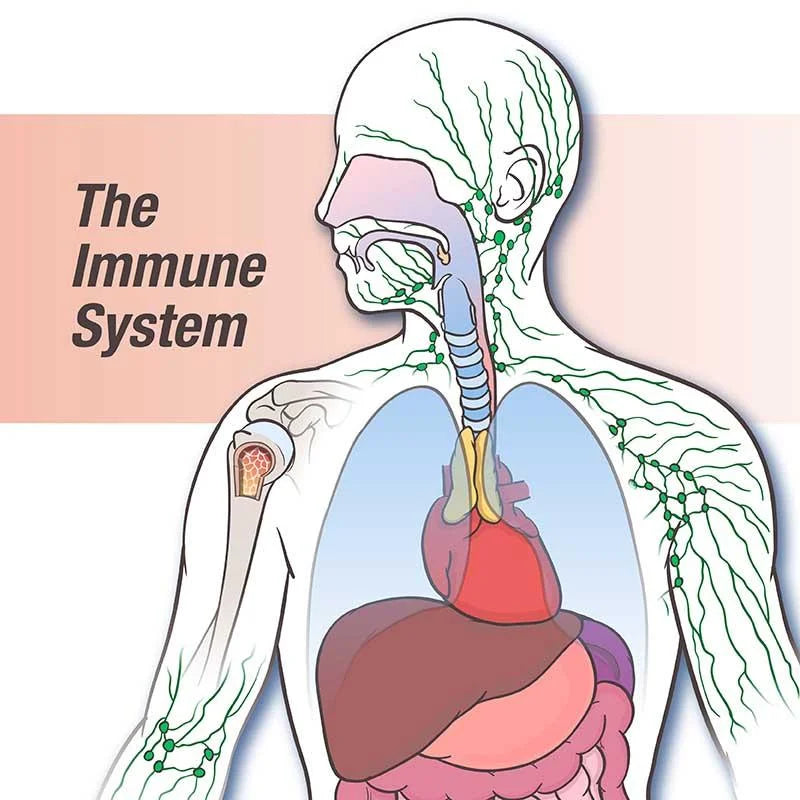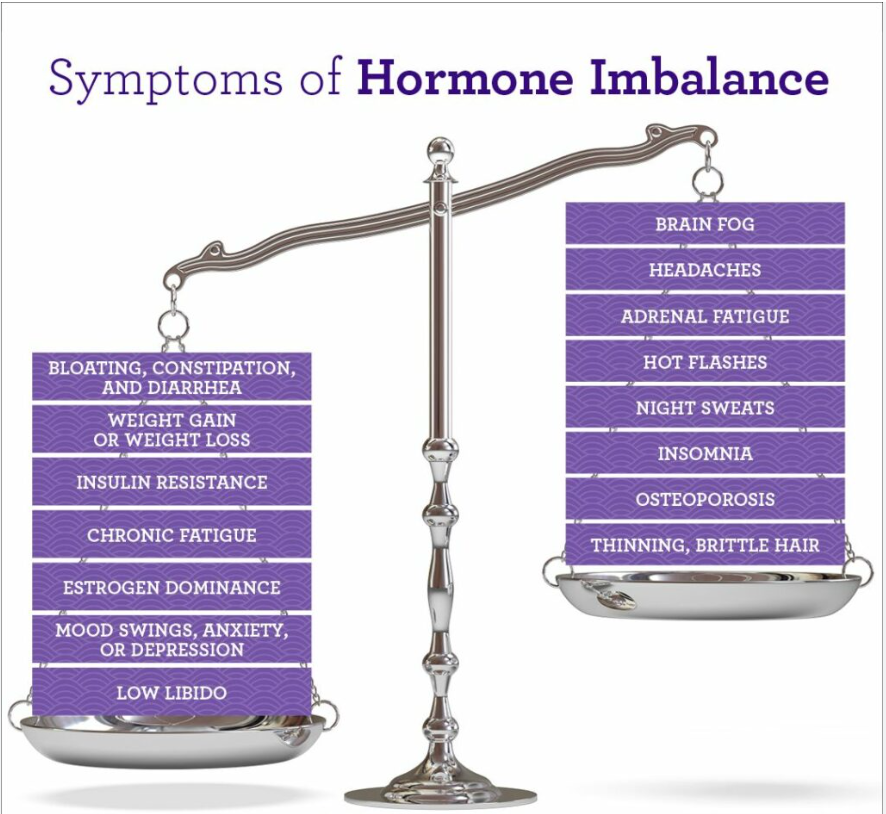
Your Eating Habits
What you eat can affect your entire body, including your hair. In fact, poor diet is one of the main causes of hair loss in trichology patients. As your hair doesn’t serve a vital purpose, your body uses nutrients to maintain your internal organs first. Nutrients, proteins, minerals and vitamins are sent straight to your body, leaving your hair until last. This can result in hair breakage and loss.

The Immune System
Faults within the immune system can cause scalp conditions and hair loss. Sudden patchy hair loss could indicate an underlying immune system issue that should be treated by your doctor. An autoimmune disease could be simply treated with a nutritional plan or with specific medications. Your trichologist can help you look at measures to replace the hair you've lost.

Hair Care
Badly treated hair may also be causing you problems. There are a few everyday things we can do to help improve the condition of our hair and scalp to prevent serious scalp conditions occurring. Your trichologist may suggest ways you can look after your hair better.

Lifestyle
This is a combination of your diet, sleep pattern, alcohol consumption, and smoking habits. Like any health check, letting your trichologist know all the details means they can provide you with the correct treatment.

Medical History
It is essential you provide your trichologist with an overview of your medical history, as a previous condition may be contributing to your hair loss or scalp condition. Family history and genetics may also have a part to play. The more information you are able to give, the easier it will be for your trichologist to establish and treat the cause of your hair loss and discomfort.

Hormonal Balance
Hormones can seriously impact the quality of your scalp and hair. This is a common problem in women, generally aged between 18 and 40. Hormone imbalance can also be due to stress and childbirth. The change in hormone levels within the body causes hair thinning and breakage. Small amounts of hair loss may go unnoticed, but if significant hair loss is left untreated it could lead to permanent baldness.
